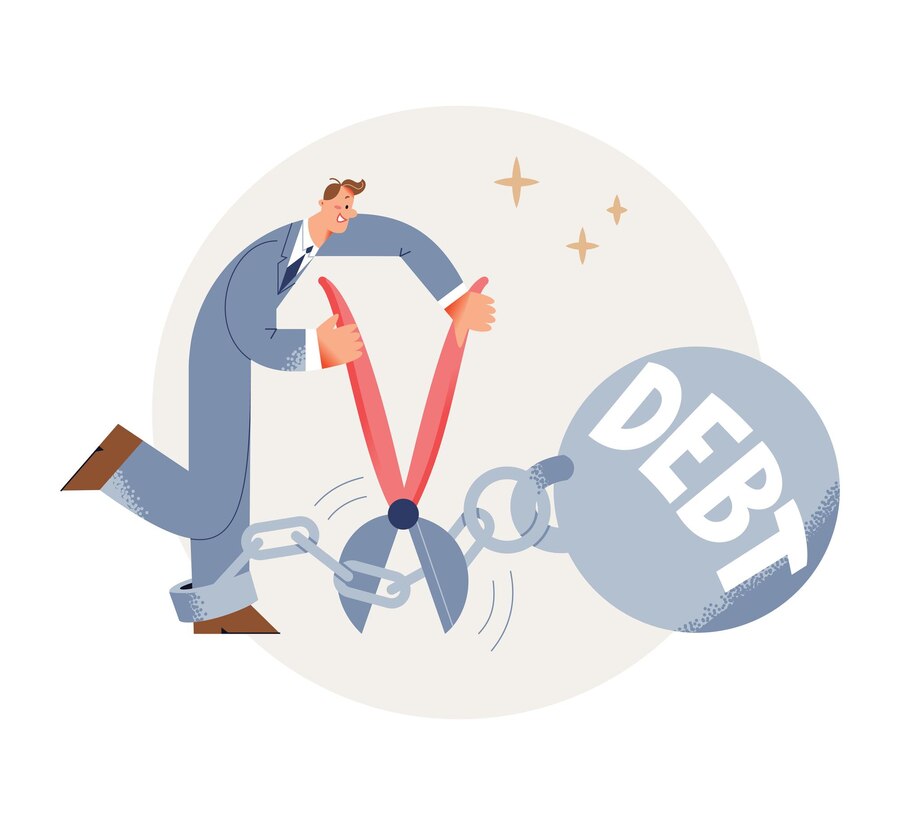Understanding the nuances of the expired statute of limitations can be a complex process, yet it is crucial for anyone dealing with old debts. The statute of limitations refers to the period within which a creditor can legally sue you for the payment of a debt.
Once this timeframe expires, the debt becomes ‘time-barred,’ and while it does not erase the debt, it limits the ways a creditor can enforce its collection. This document aims to educate you on your rights and obligations regarding such old, time-barred debts to help you make informed and strategic decisions.
Impact of an Expired Statute of Limitations on Debts
An expired statute of limitations has significant implications on old debts. Although the debt does not disappear, the legal enforcement of it does change. Creditors can no longer initiate a lawsuit against you to collect the debt, which can offer a degree of legal protection and peace of mind.
However, it’s important to note that creditors can still attempt to collect the debt through other means, such as phone calls, letters, or reminders on your credit report. More crucially, if you make a payment or even acknowledge the debt after the statute of limitations has expired, it could potentially restart the clock on the debt, reinstating the legal avenues available to the creditors. Hence, it’s always advised to consult with a legal expert before making any decisions regarding a time-barred debt.
Your Rights Regarding Old Debts
When dealing with old debts, you are protected under the Fair Debt Collection Practices Act (FDCPA). This law regulates the actions of debt collectors, ensuring they adhere to ethical and fair practices. The FDCPA gives you the right to demand that the debt collector validate the debt.
Validation means the collector must provide you with a receipt sample or some form of proof that the debt is yours and that you are legally obligated to pay it. Furthermore, under the FDCPA, you have the right to request in writing that a debt collector stop contacting you. However, be aware that this does not eliminate the debt, but it can provide some relief from constant contact.
If a debt collector knowingly attempts to collect a time-barred debt from you, you have the right to use the expired statute of limitations as a defense if they sue you. If you’re served with a lawsuit, don’t ignore it. Respond to the lawsuit and mention that the debt is time-barred, and therefore, they have no legal ground to enforce collection through the court.
Remember, understanding your rights is the first step towards handling old debts effectively and strategically. It’s always advisable to consult with a legal professional to ensure you’re making informed decisions that best protect your interests.
Your Obligations Related to Old Debts
Even though the statute of limitations provides a degree of protection, it does not absolve you from all obligations related to old debts. First and foremost, it is incumbent upon you to keep accurate records of all your debts and payments. Always ask for a receipt sample or proof of payment each time you settle a portion of your debt. This record-keeping is valuable in verifying the status of your debt, especially if it’s challenged later on.
Secondly, you are obligated to respond to any legal actions initiated by your creditors. If you are served with a lawsuit regarding an old debt, you must respond, even if the statute of limitations has expired. Failing to reply could result in a default judgment against you, which might negate the protections offered by the statute of limitations.
Lastly, remember that the expiration of the statute of limitations does not erase the debt. Creditors are still within their rights to pursue the debt, use various collection tactics, or even sell the debt to a collection agency. Therefore, strive to maintain open and respectful communication with your creditors, and when possible, seek assistance from a financial advisor or debt counselor to manage old debts strategically.
How to Handle Continual Contact from Debt Collectors
Excessive contact with debt collectors can be stressful and overwhelming. Here are some steps you can take to handle these situations effectively:
1. Recognize your rights: harsh, unfair, or deceptive actions of debt collectors are forbidden by the FDCPA. They cannot contact you at work if they are informed that you are not permitted to take calls there, and they are not permitted to call you before 8 a.m. or after 9 p.m. unless you consent.
2. Request written communication: You have the right to request that a collector contact you only in writing. This will not only limit the number of phone calls but also give you a paper trail of interactions.
3. Ask for debt validation: As mentioned earlier, you have the right to ask for a receipt sample or other proof of the debt. A validation letter can provide important information about the debt, including the name of the creditor and the amount owed.
4. Write a cease-and-desist letter: If a collector continues to contact you, you can send a cease-and-desist letter. After receiving this letter, the collector can only contact you one more time to tell you there will be no further contact or to inform you that they or the creditor intend to take a specific action.
5. Consult a lawyer: If a debt collector violates the FDCPA, you may have grounds for a lawsuit. Consult with a lawyer to understand your options. Remember, it’s crucial to keep all communication records, as they can be vital evidence if you decide to file a lawsuit.
6. Report any problems: You can report any problems you have with a debt collector to your state Attorney General’s office, the Federal Trade Commission, and the Consumer Financial Protection Bureau. This can help you enforce your rights and hold debt collectors accountable.

